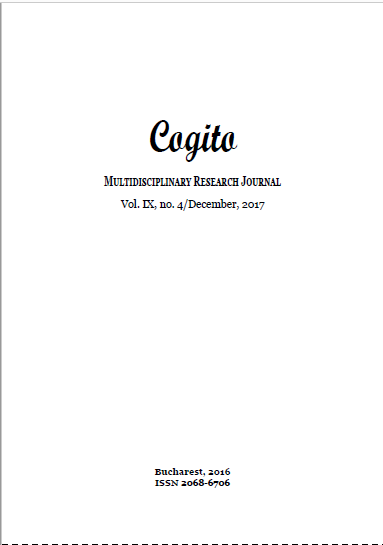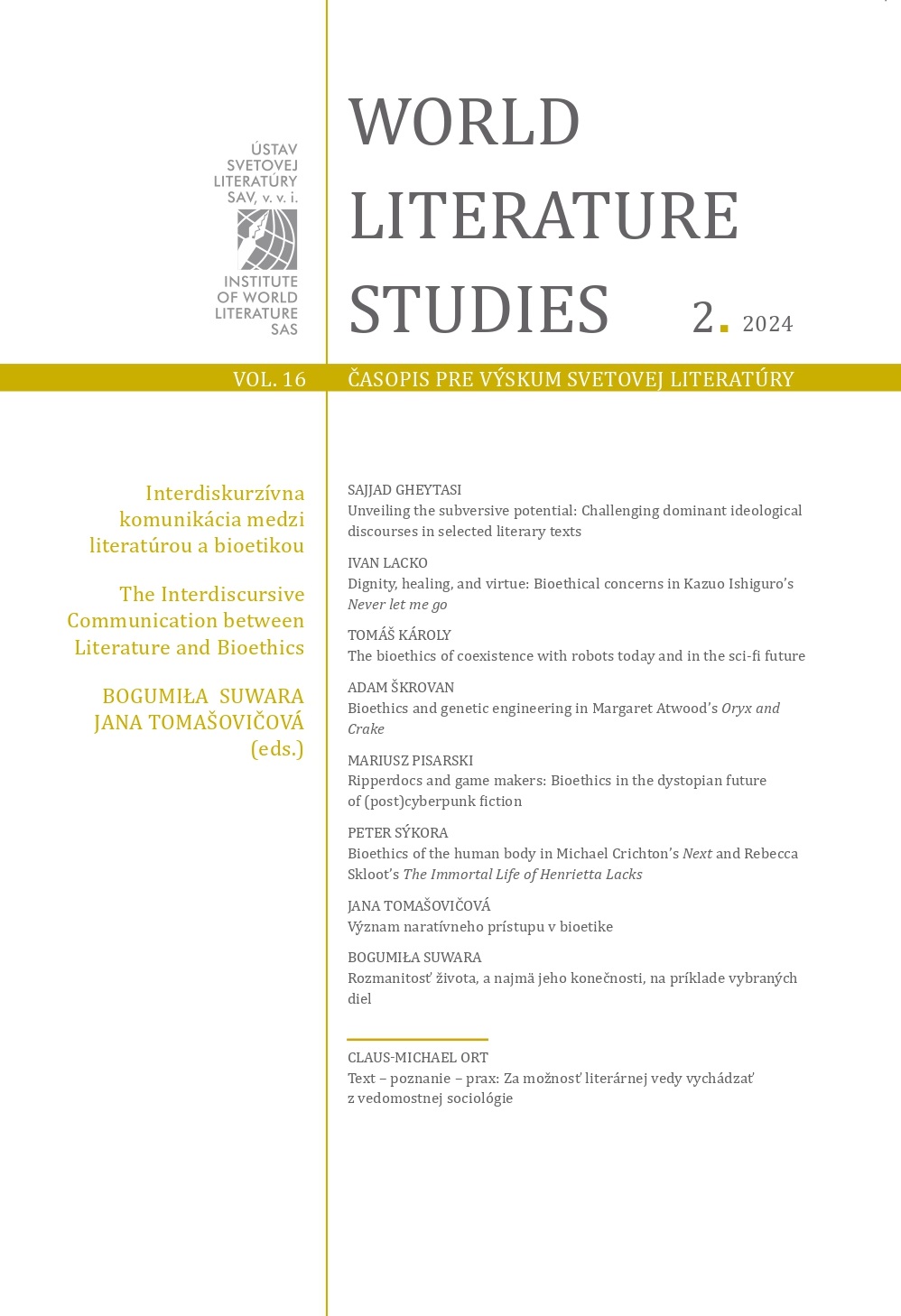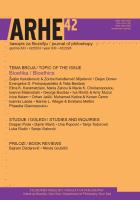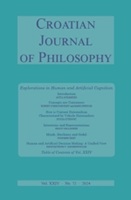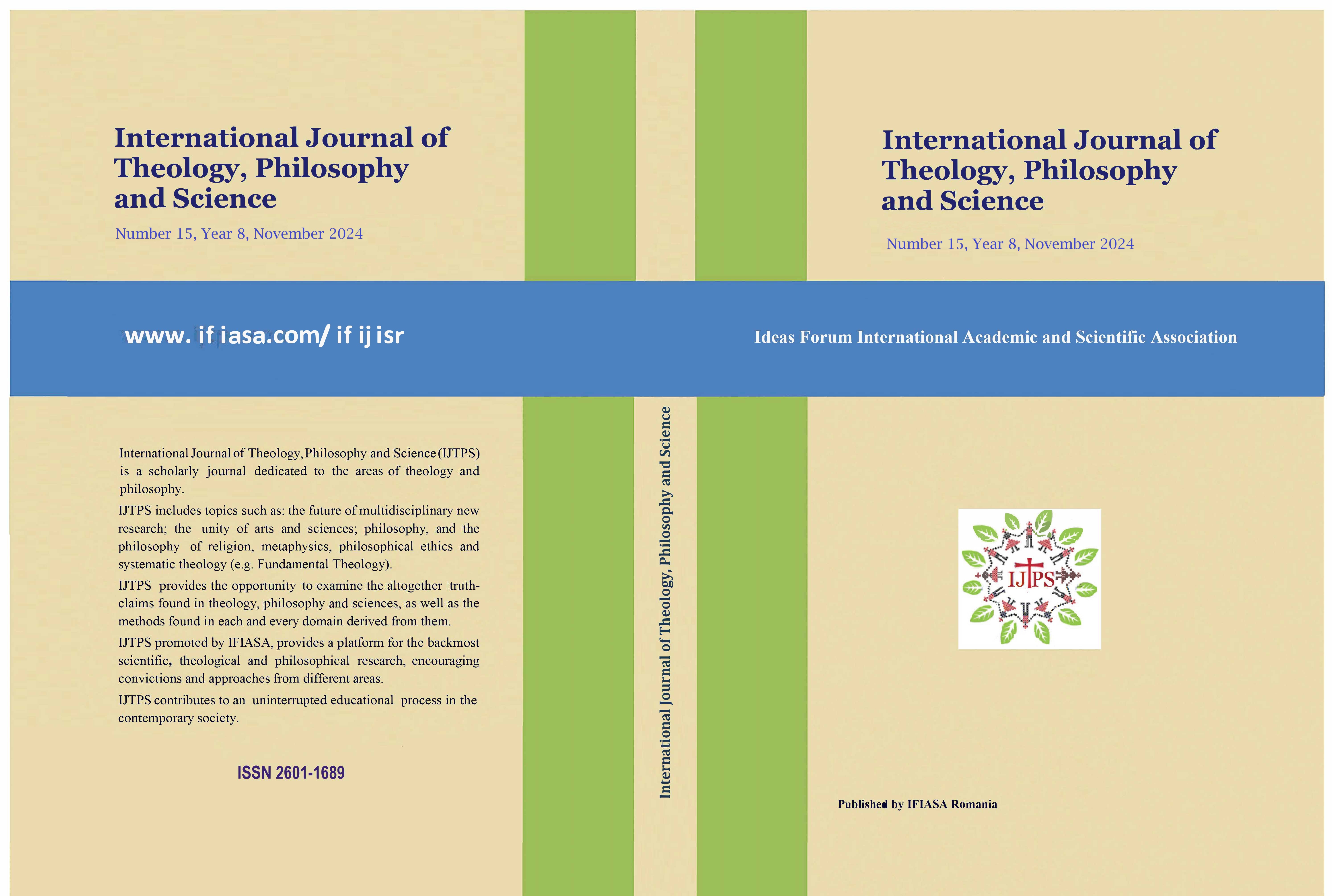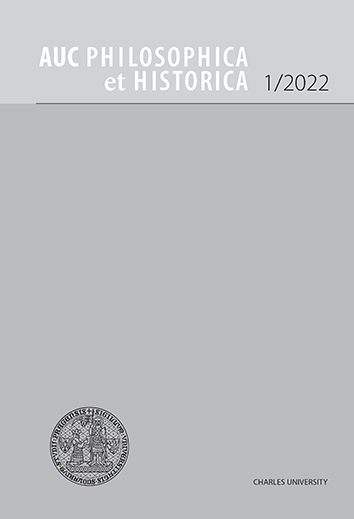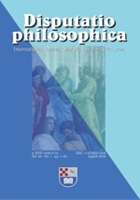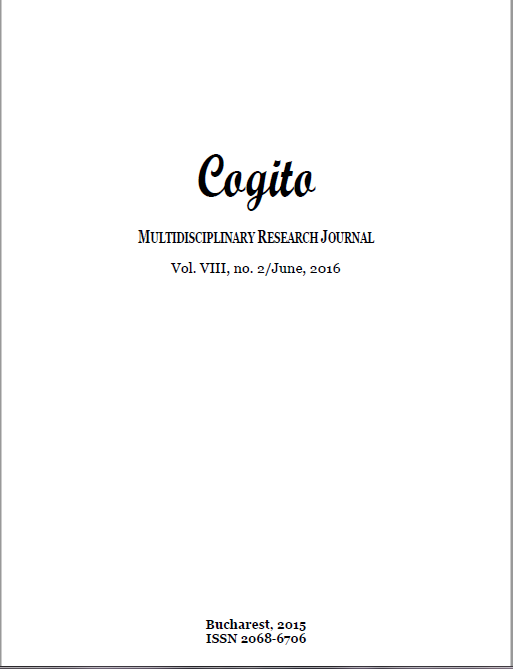
PHYSICAL AND METAPHYSICAL FOUNDATIONS OF THE THEORY OF CONCEPT HOLES
The theory of concept-holes, proposed in 2012 as a result of polarizing the previous academicist outset in the field of linguistics (semiotics), communication sciences and cultural anthropology, assesses language (la langue) as a structure of concept-holes, culturally shaped, transmitted to all the members of the linguistic community and filled out by each of them, in the process of learning, with signified content. Outside the academicist conceptions, arisen from the previously mentioned areas of study, the theory polarizes some perspectives with metaphysical origins, resulted from the process of reflective focusing on the nature of real, beyond the physicality of the world (outside it or in its depth). The current paper aims at bringing up these ways of instituting the theory through physical approach – in the depth of substance and field, placing itself interrogatively and comparatively in relationship with an academicist model, in the proximity of metaphysics, therefore -, respectively through metaphysical approach in fact (ontological and epistemological alike).
More...



